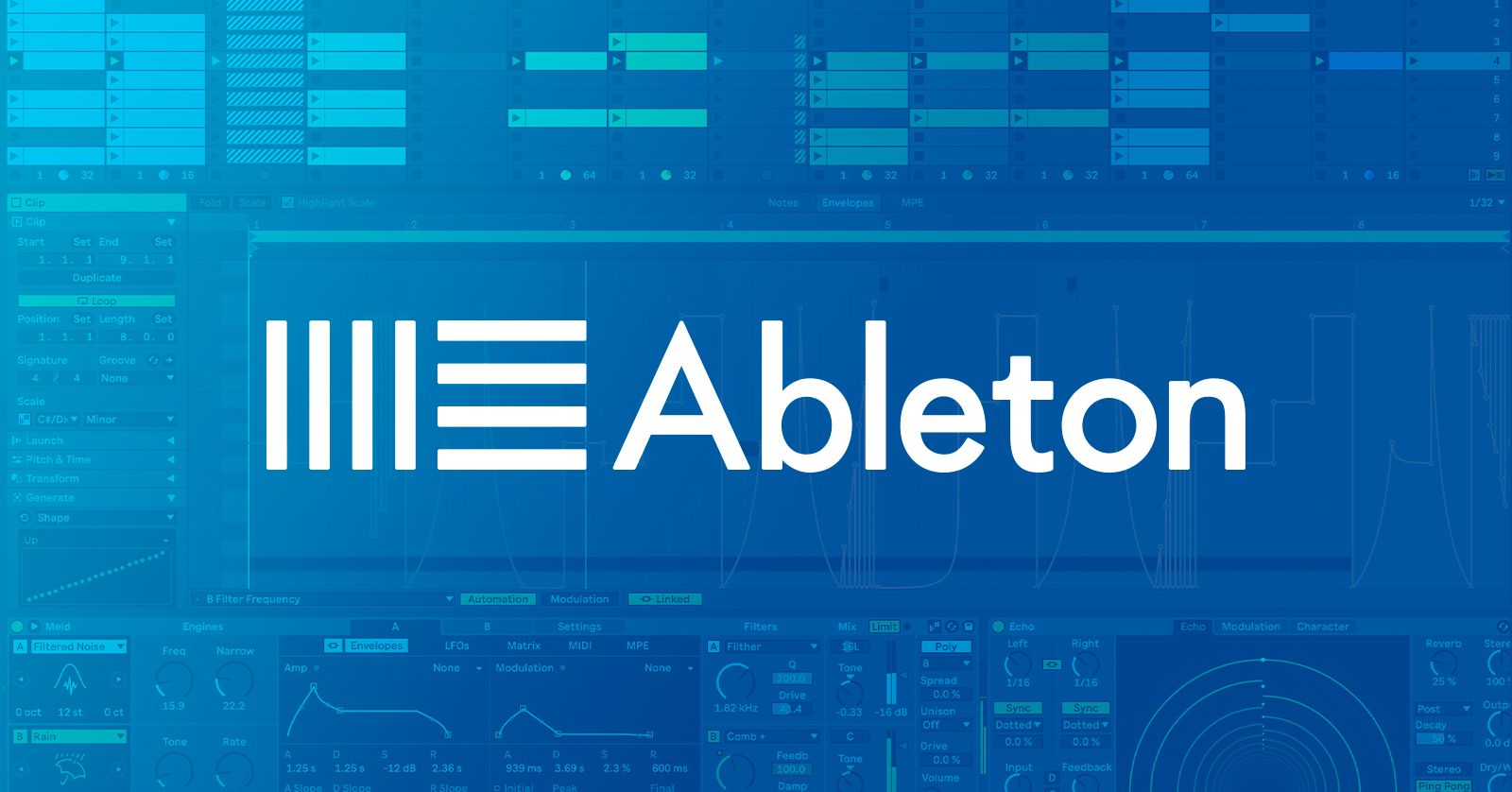5 Common Mistakes to Avoid as a New Music Producer
Starting out as a music producer is an exciting journey, but it comes with its challenges. Whether you’re producing your first track or have been dabbling in production for a while, there are common pitfalls that many beginners encounter. In this article, we’ll explore five key mistakes to avoid, providing you with valuable insights to help you improve your music production skills.

1. Overloading the Mix with Too Many Elements
One of the most common mistakes new music producers make is overloading their mix with too many elements. It's easy to fall into the trap of thinking that more layers equate to a fuller sound. However, adding too many tracks can clutter your mix, making it difficult to achieve clarity and balance.
How to Avoid This Mistake:
- Prioritize the essential elements: Focus on the core components of your track, such as the drums, bassline, and lead melody.
- Use panning and EQ effectively: Spread out your sounds across the stereo field and use EQ to carve out space for each element.
- Practice minimalism: Sometimes, less is more. Experiment with reducing the number of layers to see how it impacts your mix.
2. Ignoring Sound Design Fundamentals
Sound design is a crucial aspect of music production, yet many beginners overlook its importance. Without a solid understanding of sound design, your tracks might lack originality and depth.
How to Avoid This Mistake:
- Learn the basics of synthesis: Understanding how to manipulate waveforms, filters, and envelopes is essential for creating unique sounds.
- Experiment with different plugins: Explore various synthesizers and effects to expand your sound palette.
- Study sound design techniques: Take the time to learn how professional producers approach sound design. This could include reverse-engineering presets or following tutorials.
3. Neglecting Proper Gain Staging
Proper gain staging is fundamental to achieving a clean and balanced mix. However, many new producers overlook this step, leading to distorted or muddy tracks.
How to Avoid This Mistake:
- Understand gain structure: Gain staging involves managing the levels of your audio signals to prevent clipping and distortion.
- Monitor levels throughout the production process: Regularly check your input and output levels to ensure they’re within an optimal range.
- Use metering tools: Implement VU meters or other metering plugins to visualize your gain structure.
4. Relying Too Heavily on Presets
Presets can be a great starting point, but relying too heavily on them can stifle your creativity. Many beginners fall into the habit of using presets without making any adjustments, resulting in generic-sounding tracks.
How to Avoid This Mistake:
- Customize your presets: Use presets as a foundation, but make tweaks to suit your track’s unique needs.
- Learn sound design: Developing your sound design skills will reduce your reliance on presets and lead to more original productions.
- Experiment with layering: Combine multiple sounds or presets to create a richer, more complex texture.
5. Failing to Reference Professional Tracks
Referencing professional tracks is an essential practice that helps you understand how your mix compares to industry standards. New producers often skip this step, leading to mixes that lack polish.
How to Avoid This Mistake:
- Choose reference tracks wisely: Select tracks in a similar genre or style to your production.
- Compare frequently: Regularly A/B your track against your reference to ensure you’re on the right path.
- Focus on specific elements: Pay attention to how the reference track handles bass, mids, highs, and overall loudness.

How to Improve Your Music Production Skills
Improving your music production skills is an ongoing journey. Beyond avoiding the common mistakes listed above, consider these additional tips:
- Invest in education: Take courses that teach music production fundamentals. The Music Production Intro Course from ICON Collective is an excellent resource for beginners.
- Practice regularly: The more time you spend producing, the better you’ll become. Don’t be afraid to make mistakes; they’re part of the learning process.
- Seek feedback: Share your work with more experienced producers and be open to constructive criticism.
Tips for Amateur Music Producers
As you start your music production journey, keep these tips in mind:
- Develop good habits early: Organize your project files, label your tracks, and back up your work regularly.
- Stay patient and persistent: Progress may be slow at times, but perseverance is key to growth.
- Experiment with different genres: Trying out various styles can help you discover your unique sound and broaden your skill set.
Music Production Tips for Beginners
If you’re just starting out, these basic tips will help you build a strong foundation:
- Use quality samples and sounds: Invest in high-quality sample packs and sound libraries.
- Understand the basics of music theory: A solid grasp of music theory will help you create more cohesive and professional-sounding tracks.
- Learn the art of mixing and mastering: Even basic knowledge in these areas will drastically improve the quality of your productions.
Conclusion
Avoiding these common mistakes will set you on the right path as a new music producer. Remember, continuous learning and practice are crucial for growth. One way to accelerate your progress is by enrolling in a structured course, such as the Music Production Intro Course offered by ICON Collective. This course is designed to give you the foundational skills needed to excel in music production.



